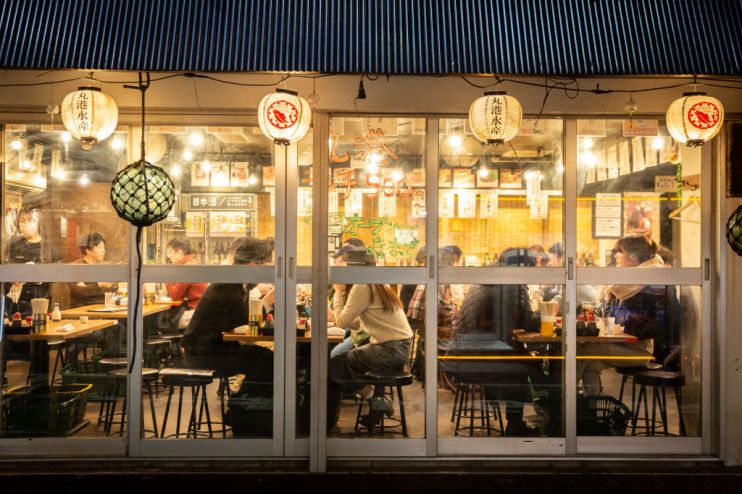Slap up Valentines Day meals boosts UK diner volumes

Couples treating themselves to a slap up Valentines Day meal boosted the volume of diners in the UK over the last week, revealed official figures released today.
The number of restaurant goers in Britain surged 17 percentage points in just a week and is now nearly a third above its pre-pandemic level, according to the Office for National Statistics (ONS).
The ONS’ data provided further evidence that economic activity in the UK is continuing its march toward normality and shaking off the influence of the virus.
Daily flights in the UK climbed 17 per cent in a sign Brits are rushing to go on holiday once again after travel restrictions were eased this month.
Meanwhile, consumers are heading back to the high street in their droves, providing more encouraging signals that the worst effects of the Covid-19 crisis on the retail and hospitality sectors are receding.
Visits to the high street rose 16 per cent, feeding into higher footfall.
However, the outlook for the UK economy is being muddied by the worsening cost of living crunch.
Over three in four Brits have experienced an uptick in their cost of living, the ONS said.
Economists are worried accelerating prices will corrode Brits’ living standards, triggering a pull back in spending, resulting in significantly lower than expected GDP growth this year.
Figures released this week by the ONS revealed inflation is running at its highest level in nearly 30 years, hitting 5.5 per cent in January.
A tight labour squeeze that has left businesses struggling to maintain normal services and fill vacancies shows little sign of letting up.
The volume of job adverts is 46 per cent above the level recorded in February 2020, before the virus struck.
Card transactions are nearly at pre-pandemic levels and were broadly unchanged over the last week, the ONS said.
Increased demand among households has boosted companies’ revenues, with a net three per cent of firms registering an uptick in turnover compared to the previous week. Teachers and care workers were most likely to be self-isolating due to Covid-19.